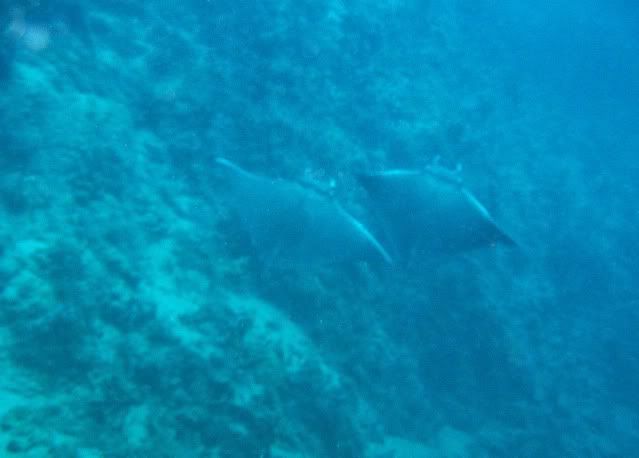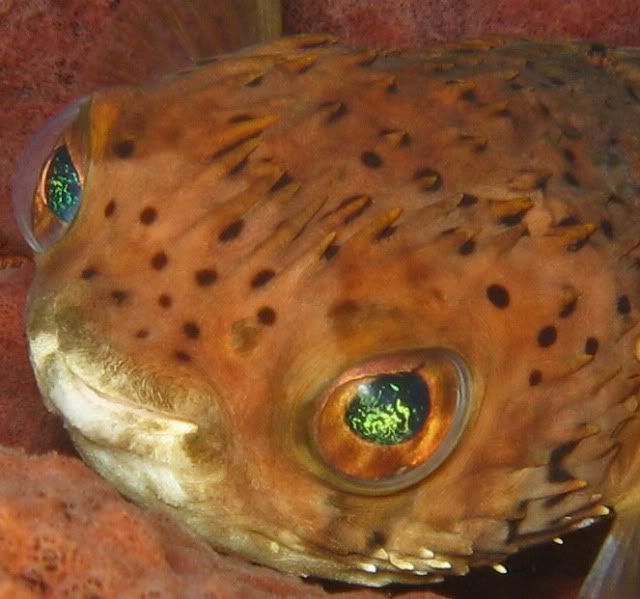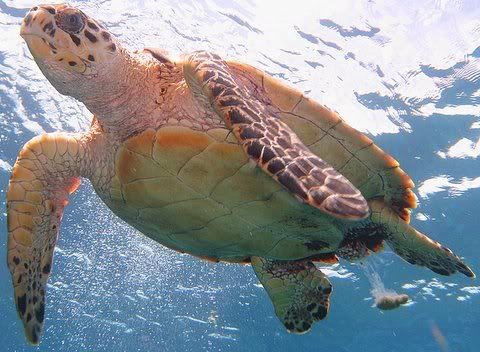Blackwood
Contributor
RAW is laborious and boring and often artificial in appearance when run through all of the programs and manipulated.
To me, making minor adjustments in a RAW software package (I prefer Lightroom) is far easier than navigating cumbersome menu systems to change camera settings on a per shot basis, especially underwater.
Hell, I'd probably need to reference the user guide to even figure out how to do some things.
I know how to set my shutter speed, aperture, and sensitivity in camera, and how to work my flash. I know how to select metering type, etc.. Everything else (sharpness, color balance, etc.) is for later.







